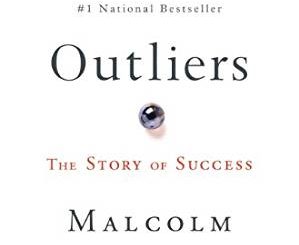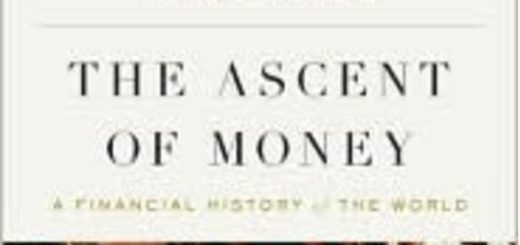The Virtue of Selfishness
There are very few books which have been maligned as much as this one. The title of this book can be misunderstood, and it usually is (by people who have never read past the front cover).
Ms. Rand’s definition of selfishness is not where someone has something, and refuses to share it with someone else. What is meant here is the rights of the individual, and his or her awareness of their rights; the right to think for oneself; the right to choose to live the life he wants, to do the work he wants to do, as long as it is productive; the right to express whatever opinions he has. This is opposed to that of the state, where the only rights they have is to protect individual rights, protect the individual from criminals, and the military to protect the citizens from foreign invasions.
This basically is the philosophy of objectivism. There are various essays centered on the individual versus collectivist society and the state. One must remember that Ayn Rand was born in Russia during the Czarist period, where her father was a prosperous pharmacist. She witnessed the Russian Revolution, where the Bolsheviks confiscated her father’s business and Ayn Rand (Elizabeth Rosenbaum) was forced to flee to the United States. This is fictionalized in her first novel, “We The Living.”
For all its faults, Ms. Rand felt that the U.S. was (is) the greatest country in the world because of its constitution, but she does point out its faults. As an example, she opposed the welfare system, feeling that no individual has the right to mooch off of other people for their own personal benefit, nor does a man have the right to use force against another for his own personal gain. Individual rights is a two way street. The freedom of one individual ends where another begins, and Ms. Rand does recognize that. In other words, everyone has to pull his weight and respect the rights everyone else.


























